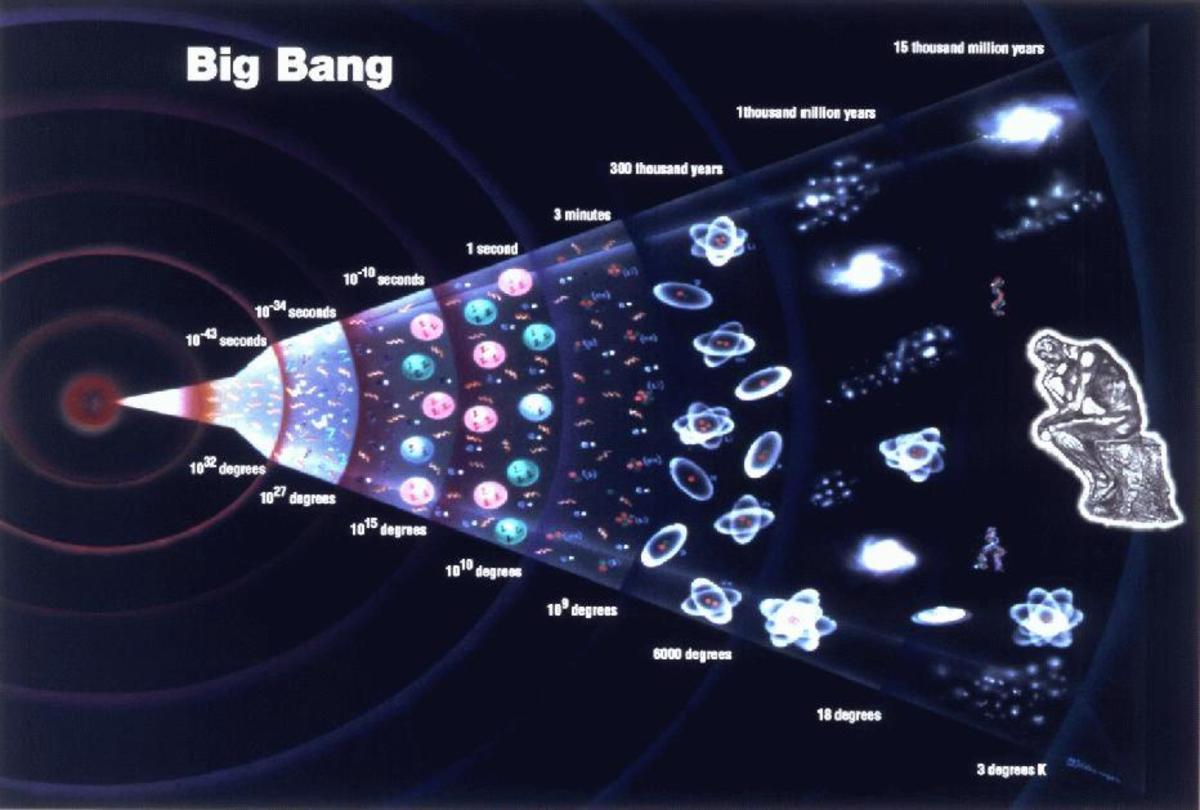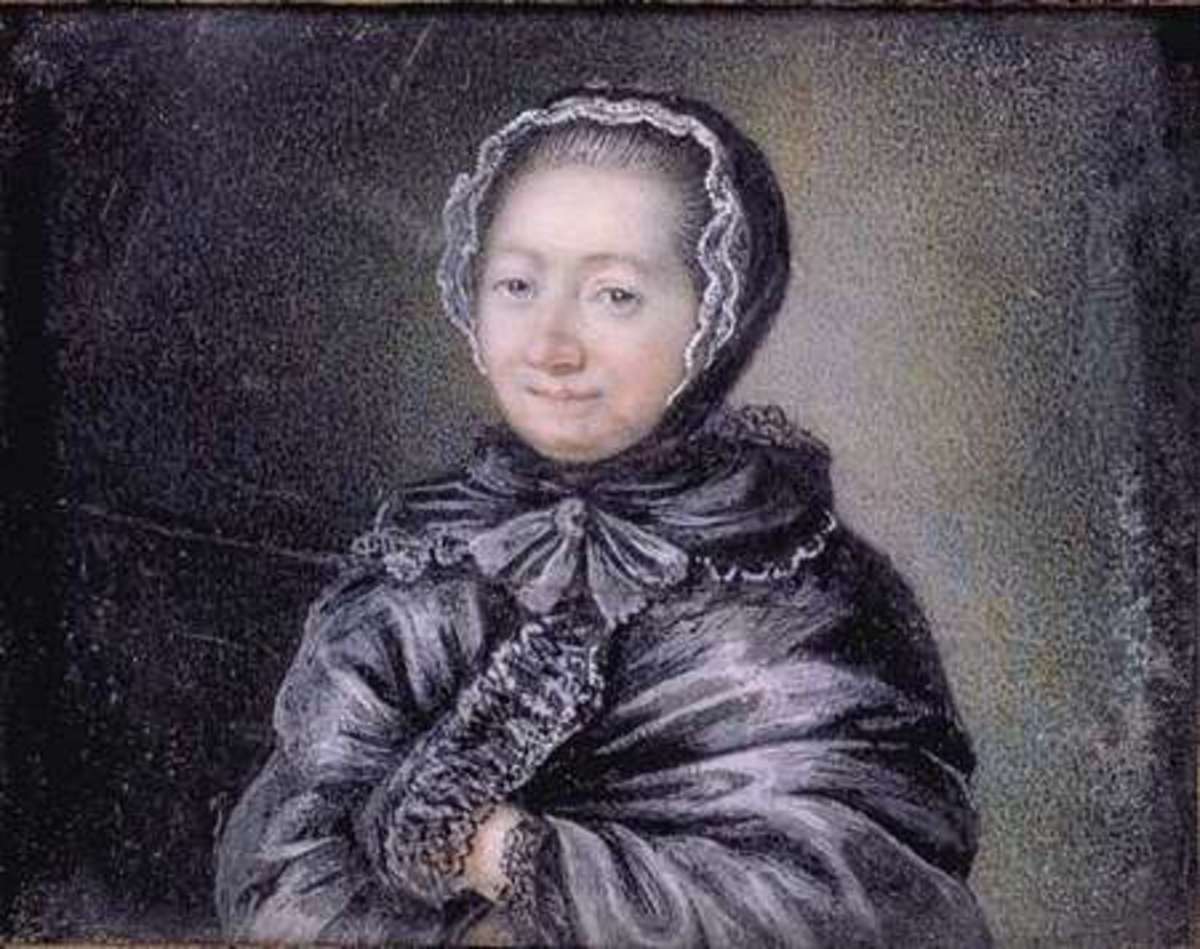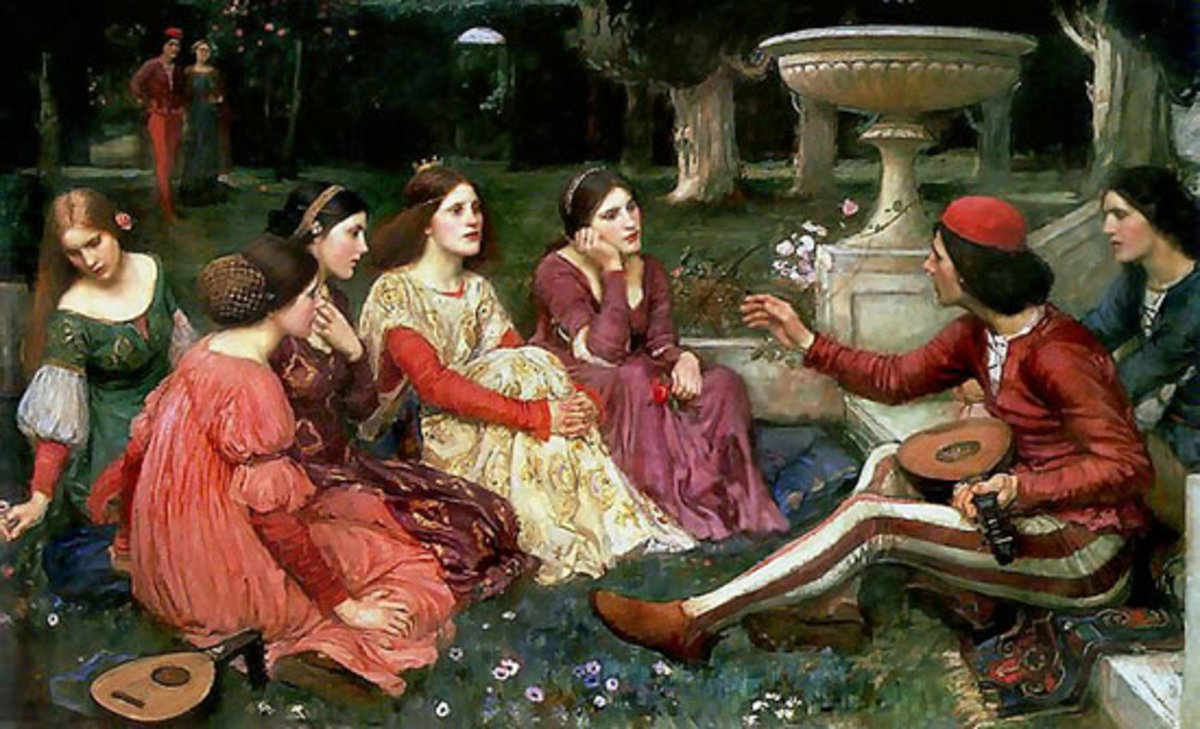Madame Bovary's Messieurs Homais and Lheureux: Or The New Social Order
A Note To the Reader
I entered university during the autumn of 2003, and one of my classes that semester was Literature, the Self, and the World, required fare for all majors, including my own, English. To get right to the point, the following essay was originally written for that class and earned me an excellent grade for my labors. For some years it mouldered on an old desktop computer, unread, forgotten. I have only recently rediscovered my old thoughts on Flaubert's masterwork, and decided to publish it. So here it is...
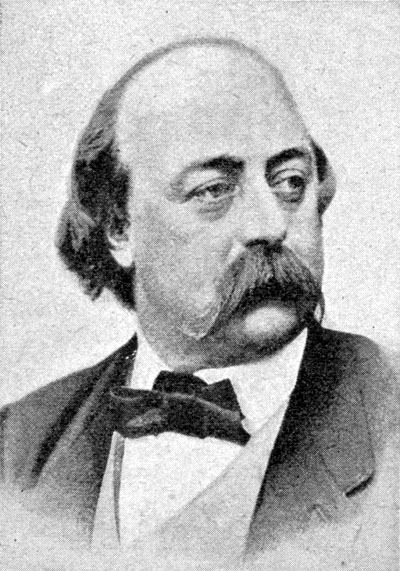
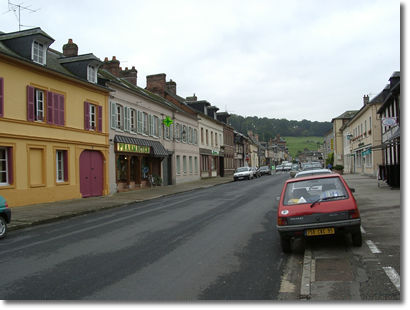
On Rising Modernity
Published in 1857, Gustave Flaubert’s greatest work, Madame Bovary, was one of the earliest examples of realistic fiction. The book’s publication marked a new age in literature, the age of modern fiction. It tells the story of a woman who ruins herself and her family when she commits adultery against her loving but slow-witted husband. However, there is more to the novel than a faithless wife; it tells of a new rising social order in France. In the author’s eyes, religion and non-competitive economics were outdated relics of the Middle Ages, and science and capitalism were moving in to replace them. The new order is personified in Messieurs Homais, the pharmacist and Lheureux, the shopkeeper. These two characters represent the two groups that have shaped our modern world up to the present day, the scientists and the capitalists.
The nineteenth century followed a period known as the Enlightenment. During the Enlightenment, society began a shift from religion to secularization, a belief that man, not God, helps himself with his own problems. The new philosophy also denounced any belief that was not based on reason; something had to pass a test through experiments for people to believe it. Capitalism actually took off during the second half of the eighteenth century. The Enlightenment is significant in the way it initiated the changes that would spread during the nineteenth century, the period in which Madame Bovary is set. But the village of Yonville-l’Abbaye has hardly experienced the social revolution of the Enlightenment; many of the villagers still firmly believe in the Catholic religion, and few of its trades-people, if any, have the ambition to compete with their peers. In a way, the town is still a traditional medieval society.
However, change in society is inevitable, and Flaubert appears to attack people in smaller towns for their narrow-mindedness, because many of these people fight a futile battle against any new ideas that immigrate to their society along with newcomers from larger cities. It is possible that Monsieur Homais was not actually born and raised in Yonville, because so many of the people are Christians. There might actually be a connection between Homais and Lheureux; Lheureux could have learned modern thought from either Homais or travelers riding on the Hirondelle, the coach service owned by the village innkeeper. It really does not matter how secularism and capitalism reached Yonville; all that matters is the fact that the new social order has arrived, and there is nothing anybody can do about it. The traditional society is finished, and it will be replaced whether the townspeople like it or not. Hence, Lheureux and Homais enjoy triumph at the novel’s end; Lheureux is able to start a newer, cheaper coach service that puts the Hirondelle into trouble (254), and Homais is awarded the cross of the Legion of Honor (255).
As I have said before, Madame Bovary is realistic fiction; Flaubert was writing about what he knew as the “here and now.” I have also stated that there were two major changes taking place in French society during the 1840’s. Messieurs Homais and Lheureux are personifications of these changes; Homais is science, and Lheureux is capitalism. The changes are not a “chicken and the egg” process; in France the roots of capitalism lay in secular belief. Science came first and weakened Church influence to the degree where reason could flourish and leave no rules of “fair (non-competitive) economics.” Entrepreneurs could now do whatever they wanted to with their money, whether it was to pursue profit or to make interest off of loans. Although the Church still has power in Yonville-l’Abbaye, modern men as Lheureux and Homais are gaining power while the Church continues to weaken; the end of the old culture is all but complete when the two men gain the final triumph.
Enlightenment...
Homais is typical of the early scientists; he is quite skeptical about the common beliefs shared by the residents of Yonville. For example, just before the Bovarys arrive in town, he announces to the innkeeper after she calls him “godless” to his face, “My God is the God of Socrates, of Franklin, of Voltaire, and of Béranger!” (55). (I myself am familiar with three of these allusions, and the three have one major belief in common; they felt that God was a creator who never interfered with the working of his creation. To put it one word, they were all deists). Homais goes on to lecture on how ludicrous the supernatural teachings of the Bible are and how priests drag entire nations into “squalid ignorance” (55). The innkeeper has quit listening before Homais could finish his lecture. As I have said before, small-town people usually do not accept new ideas voluntarily and quickly. Thus through Homais, we see science trying to take hold of people who stubbornly fight it off for their religion and their God.
And Business, The Way To The Future
Lheureux, as Flaubert’s readers see, is a businessman whose main goal in life is to take over the village’s economy and make a profit. The whole idea of capitalism is making a profit, and to make a profit one must keep competing in the marketplace. There is very little competition in Yonville, so Lheureux’s ideas for newer, better businesses (like the coach service mentioned earlier) that charge lower prices from town’s consumers would bring him easy wealth. The trades-people would have a hard time competing when they have never in their lives had to fight to save their establishments from financial ruin. Lheureux, with his skill at convincing people like Emma Bovary to buy from him, is sowing the seeds of the consumer society that we the people of the more developed countries all know and love today.
Also, secularism actually allows the two modern men to work for their own interests. Without secularism, Lheureux could not prosper using his own power; the Church would let him prosper by chance but not by choice. Money, not God, is the light of his life, and he has the privilege to make as much as he wants, even at the expense of his fellow man. Secular belief actually helps Homais as well, because he could do as much research as he likes without fear of persecution. Back in the days when the Roman Catholic Church still wielded considerable power, some scientists, most notably Galileo Galilei, went too far in the Church’s opinion and thus got into trouble. Homais is indeed quite fortunate to live in a time of rapid progress; he can question religious doctrine as much as he feels like questioning. For example, a good Christian would not go around degrading society’s paupers and beggars; Homais publishes material that lands a blind man in an asylum for life (251). Without religious teaching to bind him, Homais has the power to denounce anything he wants. Also, he suggests that Charles attempt to cure Hippolyte’s clubfoot (125) only partly for the doctor’s reputation. Homais feels that if a clubfoot is cured, people will believe that science can work miracles and thus would come to him for remedies for anything that ails them. According to the priest’s point of view, the failed operation is proof of the foolishness of scientific-minded people and the their notion that they, and not God, can fix any problem known to mankind. But the pharmacist never listens to what he would most certainly call religious drivel. But if his drugs fail to work on someone, there could be a battle for the preservation of the good reputation of the name Homais (250-1). To Homais, receiving high honors is the triumph of science over religion and is the fruit of all his work, although more often than not science has failed to make miracles occur.
Lheureux behaves as a very typical capitalist, corrupted by the very prospect of money and constantly working for his own benefit. We usually see him as a friendly shopkeeper, but underneath that kind façade we find a man without any regard for his customers. He only sees the purses he could get money from. He can literally be an excellent actor when there is a potential customer involved. Early on, Lheureux’s main victims are individuals lacking in contentment. These people, including Madame Bovary, constantly want things that they probably have no need to have, and the capitalist always provides what they demand in return for a sum of money. As long as Lheureux is providing what Emma wants, she continues to return for more. However she, like so many other people in Europe at the time, is blind to the shopkeeper’s true goal, to get her money, and if she cannot give him her money, Lheureux has no problem; he will exploit the law so he can get the money. With the help of a businessman in Rouen named Monsieur Vinçart, he obtains a court order for Emma to pay the entire balance in twenty-four hours’ time. The reasons for his services to her are now revealed. Now Monsieur Lheureux is ready to take advantage of her: while Emma racks up debt, “she had ended by preparing a capital for Monsieur Lheureux which he was impatiently waiting to collect to use in his own financial speculations” (213). He has been exploiting her all along. When she commits suicide, her husband is forced to sell the family’s belongings so the shopkeeper can have the money to start the creation of his own inexpensive enterprises that, as I have said before, would put the village’s businesses into trouble, giving him the advantage.
Society has come very far since Flaubert wrote Madame Bovary; perhaps I should say it has declined more than it has progressed. Most people only believe in what they can see and touch. I think we have become too accustomed to the new social order, because without religion to restrain us, we end up with the power to do what we want without any kind of shame. The novel tells us of the beginnings of our modern society, which today leaves us more or less unchained to morality. Over a century ago, Flaubert actually believed that the old religion-based society was dead. He personifies the two major aspects of the new order in Messieurs Homais and Lheureux. In the story, the new secular order gives these people their ability to revolt against the old, weakened culture and begin the creation of a new culture that gives them more freedom than they have ever had before. The legacy of the social changes Homais and Lheureux symbolize exists today as a culture built mainly on seeking temporary pleasure. In conclusion, the two modern men in Madame Bovary are the beginning of the society we know today.



